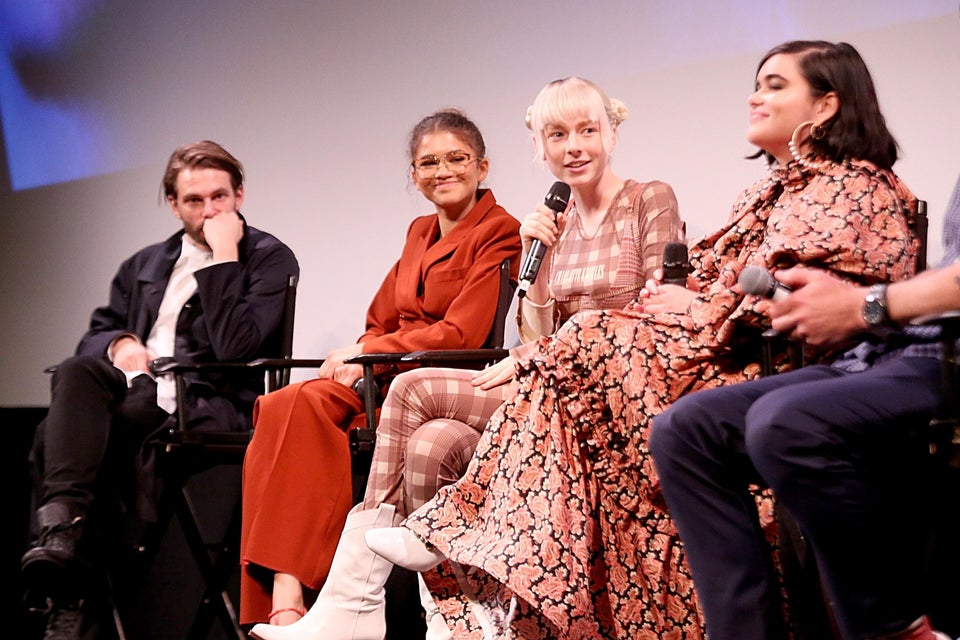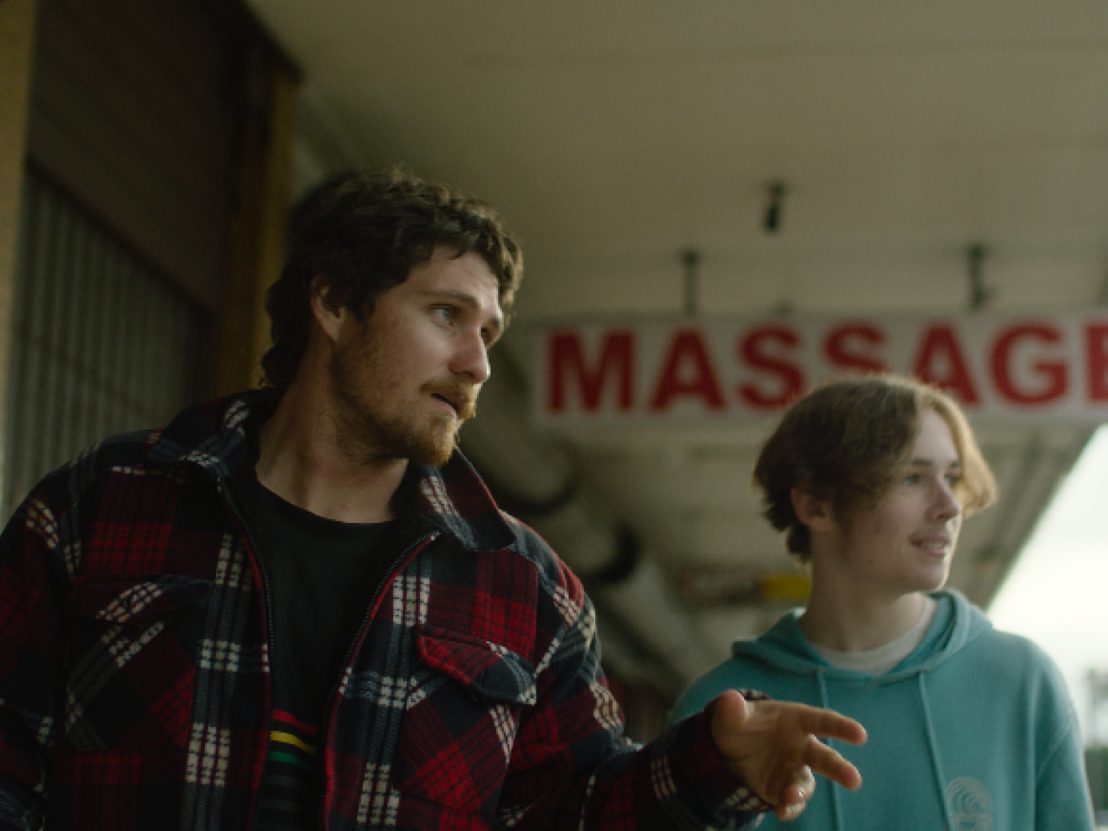Madeline Ducharne at Slate
While the plentiful male and female nudity in Euphoria has stirred a bit of controversy since its 2019 premiere, a recent interview in the Independent with actress Sydney Sweeney prompted a social media furor that invigorated the drama to an all-time high—and directly pointed it at Levinson. Sweeney mentioned how, in the process of filming, she requested that her character Cassie not appear topless in certain scenes, even though they were initially written by Levinson that way. Though Sweeney took great care to clarify Levinson’s openness and agreeability to these requests, many fans began to note that Cassie is still regularly featured naked in the show and questioned whether it should be an actor’s responsibility to dial down the nudity on a show about teenagers. Some viewers have even claimed (with varying degrees of seriousness) that Levinson’s writing of Cassie is exploitative of Sweeney.

Another big drama involves actress Barbie Ferreira’s fan-favorite character, Kat. So far in season two, Kat has gone from a confident cam-girl leading lady to a dissatisfied, self-loathing, C-plot girlfriend. Compounding her absence on screen are rumors about creative differences and a fight on the set between Levinson and Ferreira, which have been swirling on Deuxmoi and other anonymous gossip accounts. That post alleged that Ferreira didn’t agree with Kat’s second season plot, got into an argument with Levinson about it, walked off the set, and in retaliation, Levinson cut her role down dramatically.
Read more here.



